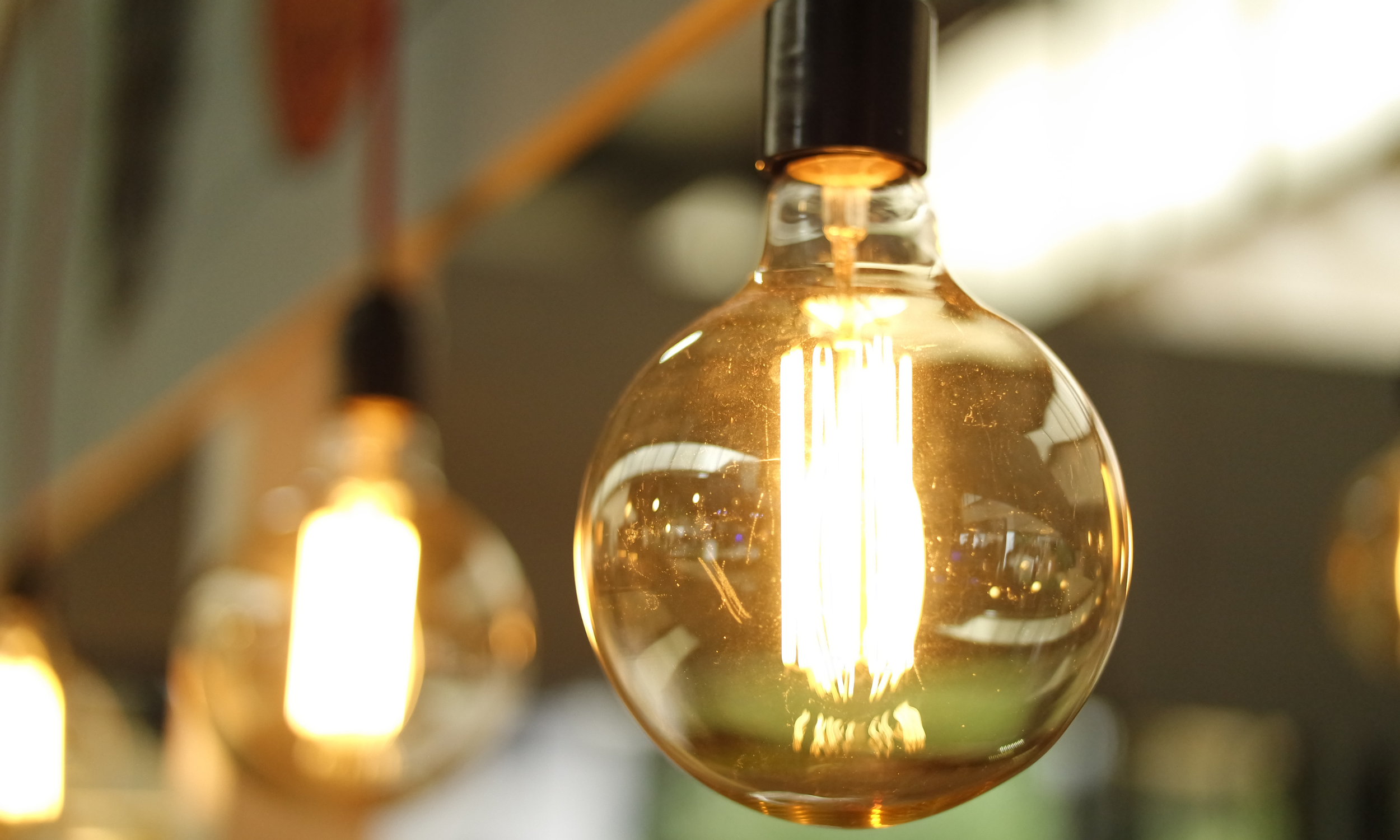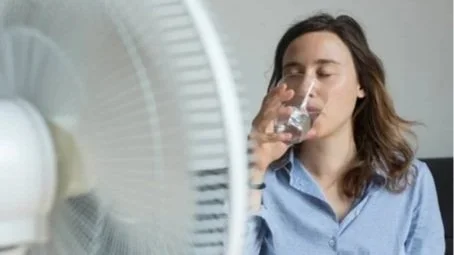
Make 1st Home Your 1st Call
Serving Austin since 2009
Switches Brew: Is It Okay to Switch Between Heat and AC
Is it Bad to Switch Between Air Conditioning & Heat?
Top 3 Smart Thermostats in 2025: Is It Time to Upgrade Yours?
An outdated or poorly placed thermostat could be costing you comfort and money. If your home isn’t cooling efficiently or if temperatures feel inconsistent from room to room, it might be time for a smart thermostat upgrade.
How to Fix Your Toilet (But Why You Really Need a Technician)
We know that plumbing issues can be a hassle, and when it comes to your toilet, even a small problem can cause big headaches. Luckily, our technicians are always up for the task. In this blog, we’ll guide you through the process of resetting your toilet but also explain why calling a professional technician can save you time, frustration, and money in the long run.
Is Becoming a Plumber a Good Career Move?
Everywhere you look, technology is improving. Millions of jobs have been lost to automation already, with many more set to follow. But there are some jobs that will always need a human touch, plumbing included.




















